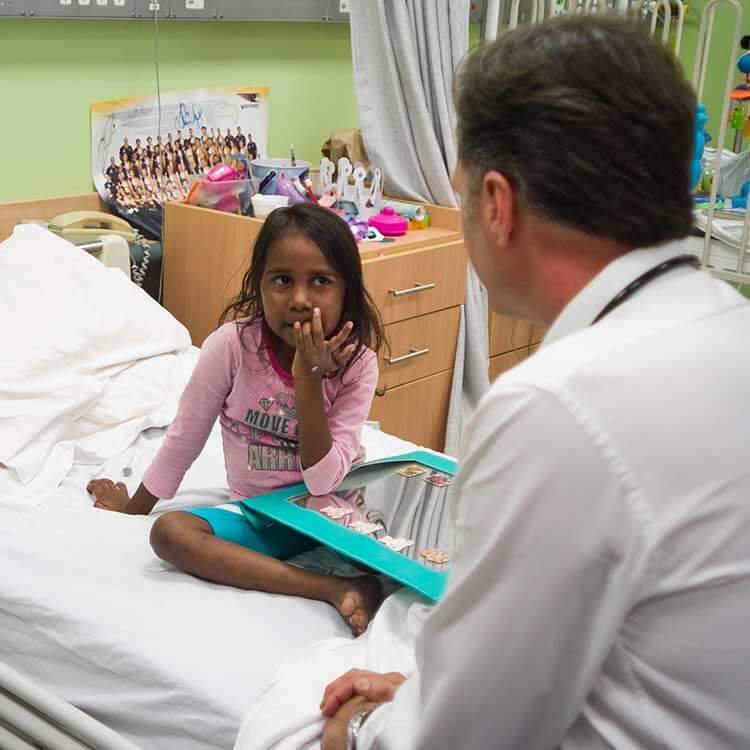Search
Research
Probabilistic linkage of national immunisation and state-based health records for a cohort of 1.9 million births to evaluate Australia’s childhood immunisation programTo describe the process for assembling a linked study that will enable the conduct of population-based studies related to immunisation and immunisation policy.
Research
Exploring the dynamics of respiratory syncytial virus (RSV) transmission in childrenWe develop a compartmental model for RSV infection, driven by a seasonal forcing function, and conduct parameter space and bifurcation analyses to document...
Research
Optimization is required when using linked hospital and laboratory data to investigate respiratory infectionsDespite a recommendation for microbiological testing, only 45% of children hospitalized for respiratory infections in our previous data linkage study linked...
Research
Can linked emergency department data help assess the out-of-hospital burden of acute lower respiratory infectionsThere is a lack of data on the out-of-hospital burden of acute lower respiratory infections (ALRI) in developed countries.
Research
Active surveillance of 2017 seasonal influenza vaccine safety: An observational cohort study of individuals aged 6 months and older in AustraliaAusVaxSafety surveillance demonstrated comparable and expected safety outcomes for the 2017 quadrivalent inactivated influenza vaccine brands used in Australia
Research
The impact of influenza infection on young children, their family and the health care systemInfluenza infection in young children has a significant impact on medication use, absenteeism and the use of health care service
Research
An audit of the reliability of influenza vaccination and medical information extracted from eHealth records in general practiceTo evaluate the reliability of information in GP electronic health records (EHRs) regarding the presence of specific medical conditions and recent influenza vaccination

News & Events
Bold bid to end rheumatic heart diseaseSome of the nation’s leading medical researchers will converge on Darwin this week to step out a plan to wipe out rheumatic heart disease.
Research
AGAR KidsBacteraemia is associated with significant morbidity and mortality in children and adults, more frequently affecting neonates, Indigenous children and children admitted to hospital.
Research
Olfactory dysfunction at six months after coronavirus disease 2019 infectionThis study aimed to assess olfactory dysfunction in patients at six months after confirmed coronavirus disease 2019 infection. Coronavirus disease 2019 positive patients were assessed six months following diagnosis. Patient data were recoded as part of the adapted International Severe Acute Respiratory and Emerging Infection Consortium Protocol. Olfactory dysfunction was assessed using the University of Pennsylvania Smell Identification Test.
